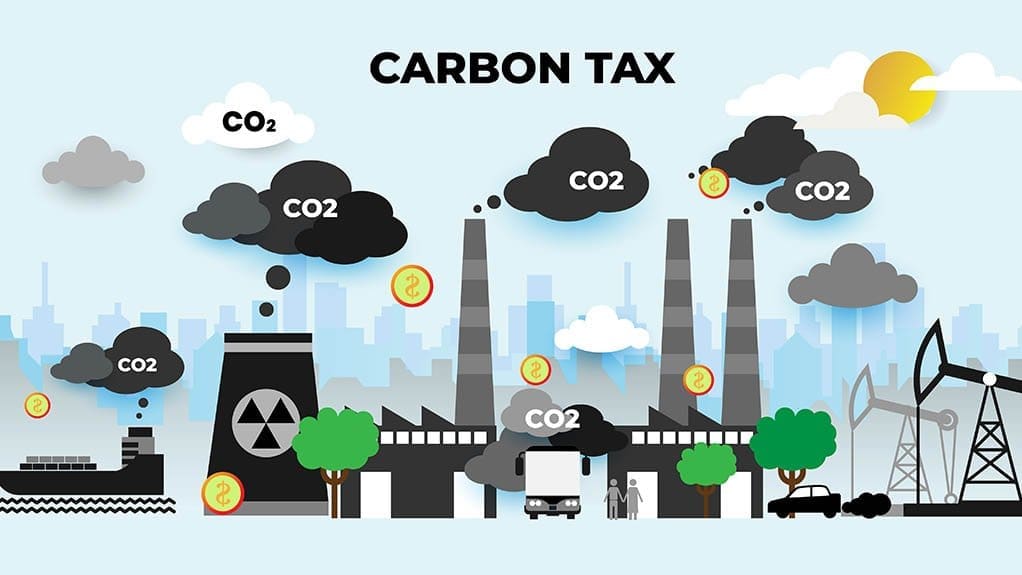According to a paper published by a think tank in New Delhi, India should exercise caution regarding the United Kingdom’s proposed carbon tax. The report suggests that India should consider incorporating appropriate provisions within the Free Trade Agreement (FTA) chapters to address this tax’s potential consequences effectively. Both parties are working to address the unresolved matters to finalize the trade agreement by the conclusion of the current month.
Upon the implementation of the Carbon Border Adjustment Mechanism (CBAM), it is anticipated that items originating from the United Kingdom will maintain their duty-free status while entering the Indian market. According to a report by the think tank Global Trade Research Initiative (GTRI), Indian products may be subject to a tax ranging from 20-35 percent, which is similar to the costs imposed by the Carbon Border Adjustment Mechanism (CBAM). This might potentially have an impact on the tariffs imposed on Indian products.
Following its departure from the European Union (EU), the United Kingdom (UK) initiated a consultation process to address the potential hazards associated with carbon leakage. The organization has outlined its intention to adopt emissions reporting by 2025, followed by a gradual deployment of the related measures in 2026.
According to the paper, although the Free Trade Agreement (FTA) offers limited advantages for India, it is imperative for the country to tactfully manage the possible onerous responsibilities regarding non-trade matters, including labor, environment, gender, and digital trade.
The sustainability aspect of the FTA, particularly its possible effects on India’s garment sector, is of significant importance due to the possibility of implementing non-tariff barriers to promote sustainability. Additionally, the paper suggests that India should consider the possible implementation of a Carbon Border Adjustment Mechanism (CBAM) by the United Kingdom and incorporate relevant measures in the Free Trade Agreement (FTA).
India must establish local regulations and standards before entering into agreements for non-trade matters within Free Trade Agreements (FTAs). Moreover, India must refrain from endorsing unrestricted cross-border data flows due to the significance of maintaining ownership over national data, which plays a pivotal role in developing public services.
India should exercise caution in entering into binding agreements, as doing so may restrict its flexibility in the future. Similarly, the Information Technology Agreement (ITA) 1 agreement resulted in our exclusion from the manufacturing of electronic gear. The complexity of negotiating labor standards was highlighted in the statement, which emphasized that advocating for stringent labor standards might potentially result in a prohibition on labor-intensive exports. Therefore, caution should be exercised by India in approaching this matter.

